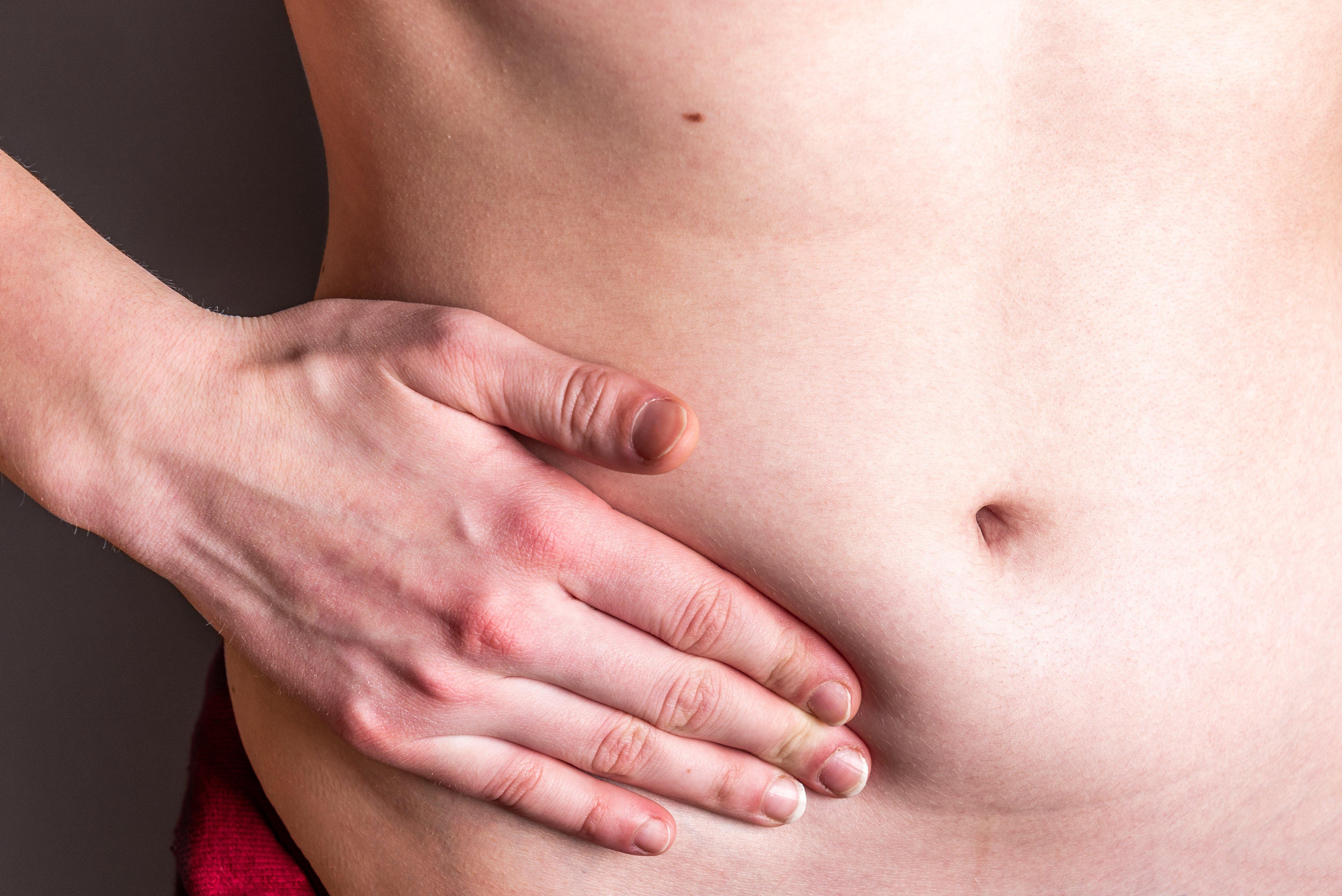Recovery After Hernia Surgery: Tips for a Smooth Healing

Hernia surgery is a common and effective procedure for repairing hernias, alleviating pain, and preventing complications. While the surgery itself is often straightforward, recovery plays a crucial role in ensuring long-term success and preventing recurrence. Understanding how to care for yourself after surgery can significantly improve healing and overall outcomes.
Immediate Postoperative Period
The first few hours after hernia surgery are critical:
-
Observation: Patients are monitored in a recovery area for vital signs, pain, and any immediate complications.
-
Pain Management: Mild to moderate pain is normal; your surgeon may prescribe medications to manage discomfort.
-
Mobility: Short walks are encouraged to improve circulation and reduce the risk of blood clots, even on the day of surgery.
-
Diet: Start with light meals and fluids; advance gradually as tolerated.
First Few Days at Home
Once discharged, patients should focus on:
-
Rest: Adequate rest supports tissue repair and overall recovery.
-
Wound Care: Keep the incision clean and dry; follow instructions for dressing changes.
-
Activity Restrictions: Avoid heavy lifting, bending, or strenuous activity for at least 2–6 weeks depending on your surgeon’s advice.
-
Monitoring for Complications: Watch for signs of infection such as redness, swelling, or discharge, as well as unusual pain or fever.
Managing Pain and Discomfort
-
Use prescribed pain medications as directed.
-
Apply ice packs to reduce swelling if recommended.
-
Wear supportive garments if advised by your surgeon to reduce strain on the surgical area.
-
Avoid self-medicating with over-the-counter drugs without consulting your doctor.
Gradual Increase in Activity
-
Short Walks: Begin with light walking to enhance blood circulation and prevent stiffness.
-
Stretching: Gentle stretching improves flexibility and aids in recovery.
-
Return to Work: Depending on the type of work and surgical approach, most patients can return to light duties within 1–2 weeks.
-
Resuming Exercise: Strenuous exercise or heavy lifting should be avoided until cleared by your surgeon, typically after 4–6 weeks.
Nutrition and Hydration
Proper nutrition accelerates healing:
-
High-Protein Diet: Supports tissue repair and muscle recovery.
-
Fruits and Vegetables: Provide essential vitamins and antioxidants.
-
Whole Grains: Promote digestive health and prevent constipation.
-
Hydration: Drinking plenty of water aids digestion and reduces strain during bowel movements.
Preventing Complications
-
Avoid Smoking and Alcohol: Both can impair healing and increase the risk of infection.
-
Follow Instructions: Adhere to medication, wound care, and activity guidelines.
-
Watch for Recurrence: Seek medical advice if you notice bulging, pain, or unusual symptoms at the surgical site.
Emotional Well-Being
Recovery after surgery is not only physical but also mental:
-
Stay Positive: Focus on gradual improvement rather than immediate results.
-
Seek Support: Family, friends, or support groups can provide encouragement.
-
Manage Stress: Gentle activities like reading, meditation, or light walking help maintain mental well-being.
Follow-Up Appointments
Attending follow-up visits is crucial:
-
Surgeons assess incision healing and overall recovery.
-
Adjustments to activity, diet, or medications may be made.
-
Any concerns such as pain, swelling, or signs of infection can be addressed promptly.
Tips for a Smooth Recovery
-
Follow all postoperative instructions carefully
-
Rest adequately while gradually increasing activity
-
Maintain a balanced diet and stay hydrated
-
Monitor your incision and overall health daily
-
Attend all follow-up appointments
-
Report any unusual symptoms to your healthcare provider immediately
Final Thoughts
Recovery after hernia surgery requires patience, care, and adherence to medical guidance. By taking proper precautions, managing pain, maintaining nutrition, and gradually resuming activities, patients can ensure smooth healing, reduce the risk of complications, and enjoy long-term benefits. With the right approach, most patients return to normal daily activities confidently and comfortably within a few weeks.
- Art
- Causes
- Crafts
- Dance
- Drinks
- Film
- Fitness
- Food
- الألعاب
- Gardening
- Health
- الرئيسية
- Literature
- Music
- Networking
- أخرى
- Party
- Religion
- Shopping
- Sports
- Theater
- Wellness


